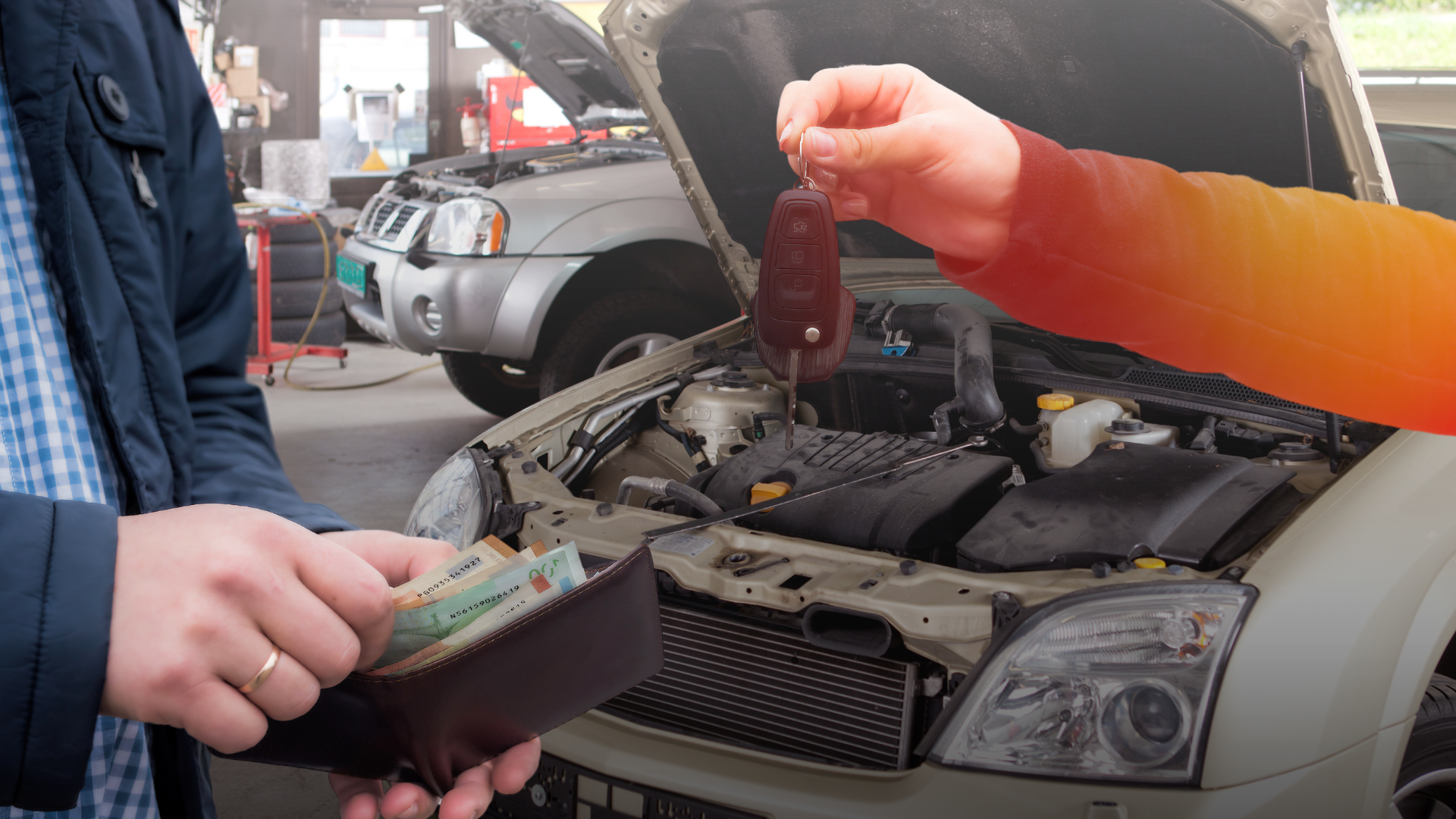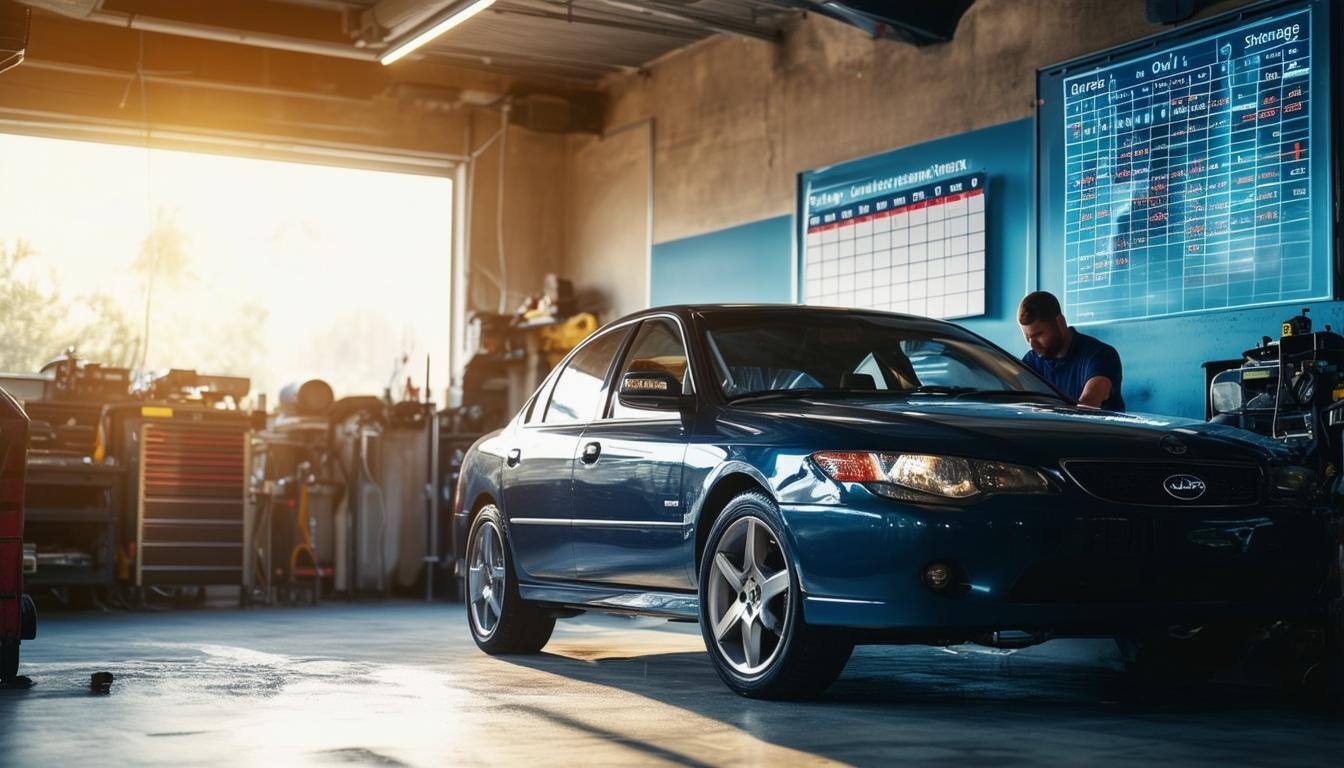How to Find an Automotive Repair Shop You Can Trust (Without Breaking the Bank)
If you've ever been hit with a repair quote that made you question your life choices, you're not alone. Many car owners find themselves asking: “How do I find a mechanic or repair shop I can trust, one that won’t charge an arm and a leg?” The good news is that finding the right shop isn’t as daunting as it seems. By understanding the different types of repair shops and knowing what to look for, you can make a choice that aligns with your needs and budget.
Types of Automotive Repair Shops
- Dealerships
- Strengths: Dealerships specialize in the brand of vehicle they sell, offering factory-trained technicians and the latest tools specific to your car. They’re often the go-to for warranty work or recalls.
- Drawbacks: Their services typically come with a higher price tag, and the focus can sometimes feel more transactional than personal.
- Best For: Newer vehicles still under warranty or cars with specialized repairs requiring proprietary tools or software.
- Independent Shops
- Strengths: Independent repair shops often provide more personalized service, are typically more affordable than dealerships, and have technicians with a broad range of expertise.
- Drawbacks: While many independents have highly skilled mechanics, not all are created equal. Certifications and reviews matter.
- Best For: Routine maintenance, repairs for older vehicles, and when you want a long-term relationship with a trusted shop.

- Specialty Shops
- Strengths: These shops focus on specific types of vehicles (e.g., European cars, hybrids, or off-road vehicles) or services (e.g., transmissions or alignments). They often have deep expertise in their niche.
- Drawbacks: Their narrow focus might mean you’ll need another shop for general repairs.
- Best For: Drivers with unique or high-performance vehicles or when you need a specific repair done perfectly.
- Franchise Shops
- Strengths: These chain repair shops (like Midas or Pep Boys) often offer convenience, promotions, and standardized processes.
- Drawbacks: Quality can vary widely depending on the location, and you might not build a personal relationship with your mechanic.
- Best For: Quick, routine services like oil changes or brake jobs when you’re short on time.
How to Find the Right Repair Shop for Your Needs
- Start With Research
- Check Reviews and Recommendations: Online reviews, social media posts, and word-of-mouth referrals are great starting points. Look for shops with consistently high ratings and detailed positive feedback.
- Ask Questions: Post in local community groups or forums. Many people are happy to share their experiences (like that Facebook post you saw!).
- Look for Certifications
- ASE Certification: The National Institute for Automotive Service Excellence (ASE) certifies technicians, ensuring they meet industry standards.
- Manufacturer Certification: Some shops are certified by specific car brands, which can be helpful for complex repairs.
- Visit the Shop
- Cleanliness and Organization: A well-maintained shop often reflects professionalism and care.
- Customer Service: Friendly and transparent communication is a must. If they can’t explain a repair in plain language, that’s a red flag.
- Equipment: Modern equipment indicates they can handle today’s vehicle technology.
- Ask About Policies
- Warranty: Reputable shops often offer warranties on their parts and labor, giving you peace of mind.
- Estimates: Find out if they provide detailed estimates upfront and how they handle unexpected costs.
- Evaluate Their Communication
- Transparency: A trustworthy shop will clearly explain what repairs are necessary, why they’re needed, and what can wait.
- Options: Look for a shop that offers options based on your budget, without pressuring you into unnecessary work.
- Consider the Extras
- Convenience: Do they offer loaner cars, shuttle services, or after-hours drop-off?
- Roadside Assistance: Some shops, like DeBoer’s Auto, include perks like roadside assistance as part of their service.
Why "Cheap" Isn’t Always Better
While saving money is important, a “cheap” repair isn’t always the best deal. Lowball quotes can mean cutting corners with subpar parts or rushed labor. Instead of focusing solely on cost, look for value—fair pricing paired with excellent workmanship and service. Remember, a trusted repair shop is an investment in your vehicle's long-term health.
Finding a reliable automotive repair shop is about more than just getting your car fixed. It’s about building a relationship with a team you trust to keep you on the road safely and affordably. By doing your homework, visiting shops, and asking the right questions, you can drive away confident that you’ve made the best choice for you and your vehicle.
And who knows? The next time you see someone asking for repair shop recommendations, you might have the perfect one to share!








